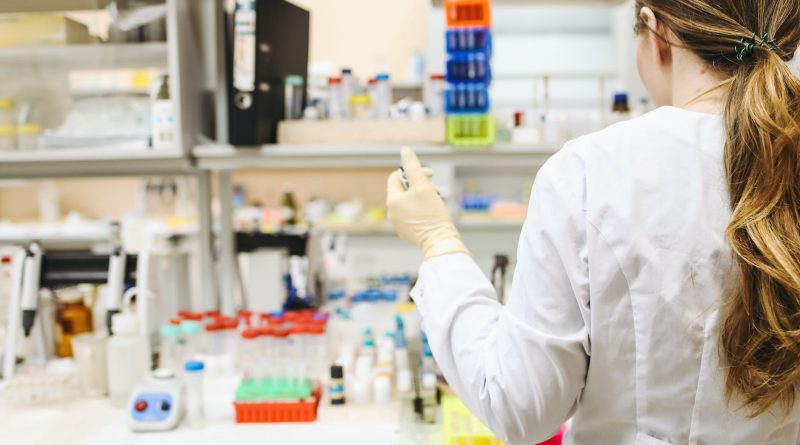The Ultimate Guide to Understanding the Differences between Pharmacists and Para-Pharmacists – Roles, Responsibilities and Authorizations
Pharmacists and pharmacy technicians/para pharmacists (also known as Para-pharmacists) have different roles and responsibilities.
- Prescribing medication: Pharmacists are licensed healthcare professionals who are trained to prescribe medication. They are authorized to diagnose and treat minor illnesses, while Para-pharmacists are not authorized to prescribe medication.
- Patient counseling: Pharmacists are trained to provide patient counseling, which includes providing education on medication usage, side effects, and potential interactions. Para-pharmacists, on the other hand, may provide medication information, but they are not authorized to provide clinical advice.
- Compounding medication: Pharmacists are trained to compound medication, which means to prepare medication in a form that is not commercially available. Para-pharmacists may assist in compounding medication but cannot prepare on their own.
- Medication management: Pharmacists are responsible for managing the medication therapy of patients, which includes monitoring the efficacy and safety of the medication, making necessary adjustments and communicating with other healthcare providers. Para-pharmacists may assist in medication management but cannot make decisions on their own.
- Supervision: Pharmacists are responsible for supervising the work of pharmacy technicians and para-pharmacists. They are also responsible for ensuring that all medication is dispensed safely and accurately.
Please note that the scope of practice and regulations may vary depending on the country, state or province.
In addition to the differences outlined above, it’s important to note that pharmacists are also responsible for maintaining accurate and up-to-date patient medication records. They also play a key role in drug distribution and inventory management, ensuring that the pharmacy has an adequate supply of medication at all times.
Pharmacists are also involved in research and development, continuously seeking out new and better ways to treat patients. They are required to have a Doctor of Pharmacy (PharmD) degree, which usually takes 4 years of education after the undergraduate degree.
On the other hand, Para-pharmacists are typically required to have a high school diploma or equivalent, with on-the-job training. They are responsible for performing many of the technical tasks associated with dispensing medication, such as measuring and preparing doses, labeling containers and maintaining records.
In summary, pharmacists are licensed healthcare professionals who are authorized to diagnose and treat minor illnesses, prescribe medication and provide patient counseling, while Para-pharmacists assist in compounding medication, medication management and drug distribution but do not have prescribing authority and also they have less formal education.
Now loading...
Now loading...





